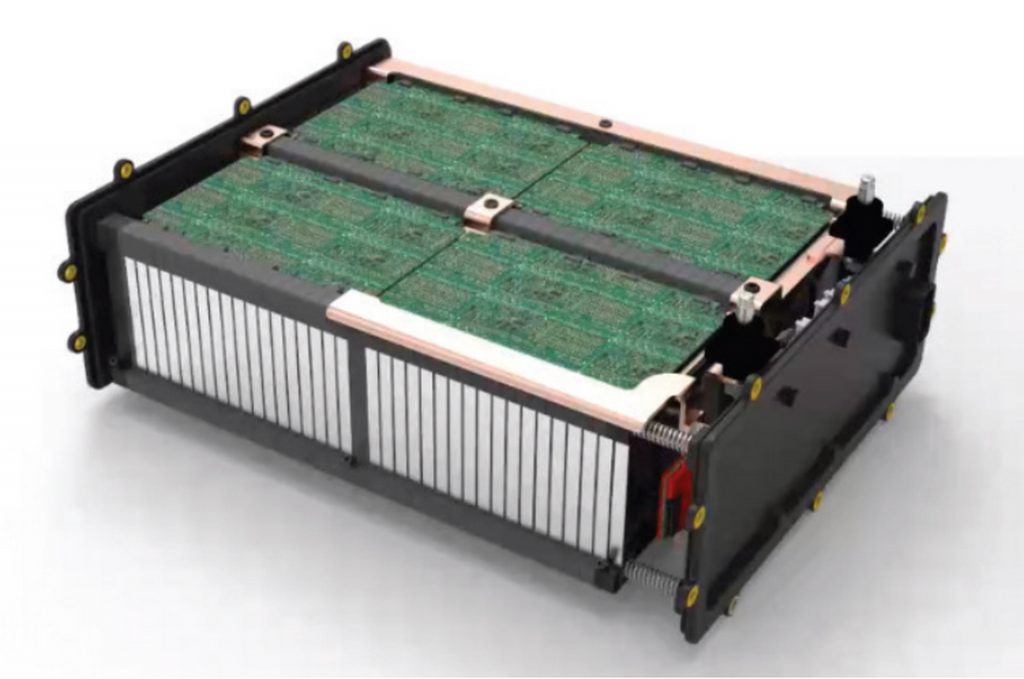A new charging solution with a fast pace has been launched by the collaborative efforts of German outfit Mahle and battery-maker Allotrope Energy. The solution is in the form of a lithium-carbon battery that borrows elements from supercapacitors to deliver charge times that are on par with the refueling process for internal combustion-powered vehicles and offers a few other environmental benefits side by side.
“Range anxiety is often quoted as the main barrier to electric vehicle adoption, but if the battery could be recharged in the same time it takes to refuel a conventional internal combustion engine vehicle, much of that worry goes away,” says Dr Mike Bassett, Mahle Powertrain’s Head of Research.
In the beginning of this year, Mahle introduced a cheap electric vehicle motor that used magnets. It worked with Allotrope Energy to make electric mopeds more efficient by developing a less expensive, small-capacity lithium-carbon battery that could keep these electric vehicles moving, by minimizing the stopping time the vehicle needs for recharging.
The idea they have makes use of the high-rate anode used in lithium-ion batteries by pairing it with the type of cathode used in a supercapacitor, separated by an organic electrolyte. This will bring the massive power density and charging capacity given by supercapacitors while using the staggering energy density of lithium batteries. Consequently, the fast-charging rate of the cell will be around 20 kW.
A simulated fast food service with a 25-km (15-mile) radius was carried out for trial. A conventional 500-Wh battery would require electric mopeds to pull over mid-shift and spend 30 minutes recharging. The team claims that its novel battery pack could recharge these vehicles in 90 seconds thanks to its ultra-fast charging rate. The battery is also recyclable completely and the materials used prevent overheating.
“With the rise of the on-demand economy, there’s been a rapid increase in the use of petrol-powered mopeds for urban deliveries such as takeaway meals, and this has contributed to air quality issues in our cities,” says Bassett. “Decarbonizing these deliveries has so far proved difficult without maintaining a stock of expensive interchangeable batteries or switching to a larger, heavier electric vehicle with increased energy consumption.”
It was launched at the Cenex Low Carbon Vehicle Show in the UK this week.

